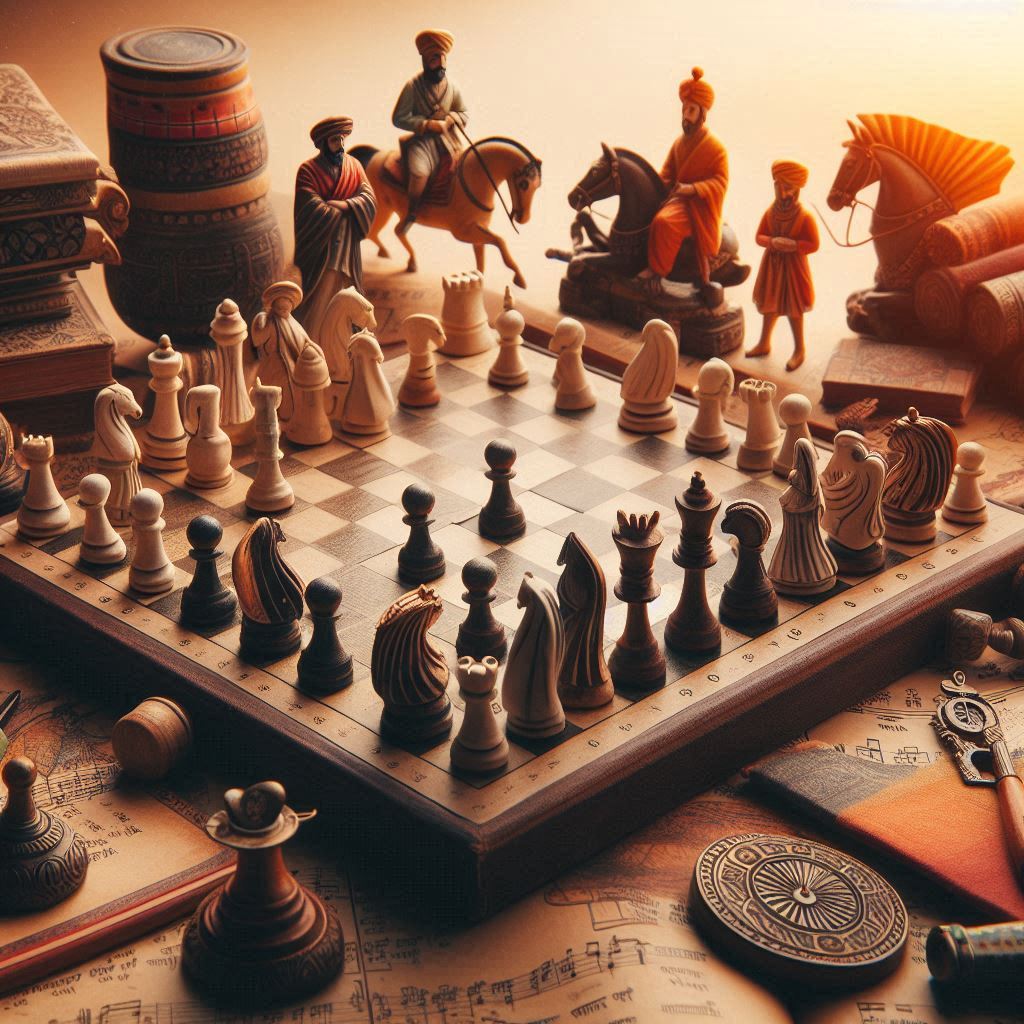Introduction
Analyzing your chess games is a critical step in improving your skills and understanding of the game. By reviewing your past games, you can identify mistakes, recognize patterns, and develop better strategies for future matches. This blog provides a step-by-step guide on how to analyze your chess games effectively, helping you to grow as a player and achieve better results.
Why Analyzing Chess Games is Important
Identifying Mistakes
Reviewing your games allows you to pinpoint specific mistakes, whether they are tactical oversights, strategic errors, or time management issues. Understanding these mistakes helps you avoid repeating them in future games.
Recognizing Patterns
Analyzing multiple games helps you identify patterns in your play. You may notice recurring weaknesses or strengths, which can inform your training and preparation.
Improving Decision-Making
By understanding why certain moves were good or bad, you can improve your decision-making process. This leads to better move selection and overall gameplay.
Learning from Opponents
Analyzing your opponent’s moves and strategies provides insights into different playing styles and techniques. This knowledge can be invaluable in preparing for future games.
Steps to Analyze Your Chess Games
1. Record Your Games
Notation
Use algebraic notation to record your moves during the game. This allows you to review the game later and share it with others for analysis.
Digital Tools
Many online platforms, like Chess.com and Lichess, automatically record your games, making it easy to review them. These platforms also offer analysis tools to help you understand key moments.
2. Review the Game Without Assistance
Replay the Game
Replay the game from start to finish without any assistance from engines or databases. Try to remember your thought process during the game and note any moves that you were unsure about.
Identify Critical Moments
Look for turning points in the game, such as:
- Opening mistakes: Moves that left you with a disadvantage early on.
- Tactical errors: Missed opportunities or blunders.
- Strategic decisions: Key moments where you made significant strategic choices.
3. Use a Chess Engine for Analysis
Run an Engine Analysis
After reviewing the game yourself, use a chess engine to analyze the game. Engines can quickly identify mistakes and suggest better moves. However, don’t rely solely on the engine’s evaluation.
Understand the Suggestions
Take the time to understand why the engine suggests certain moves. This will help you learn from your mistakes and improve your understanding of the game.
4. Focus on Key Areas
Opening Analysis
Review the opening phase of the game and compare your moves with established opening theory. Identify any deviations and understand their impact on the game.
Middlegame Tactics
Analyze the middlegame for tactical opportunities you missed or errors you made. Pay attention to patterns like forks, pins, and discovered attacks.
Endgame Technique
Review the endgame to see if you managed to convert your advantage or missed any drawing resources. Endgame analysis helps improve your technique and understanding of fundamental principles.
5. Annotate Your Game
Write Comments
Annotate your game with comments on critical moves and key moments. Explain your thought process, what you learned, and how you can improve.
Highlight Mistakes
Highlight your mistakes and the correct moves suggested by the engine. This helps reinforce the lessons learned and makes it easier to review later.
6. Learn from Others
Share with a Coach or Friend
Share your annotated game with a coach or a stronger player. They can provide additional insights and suggest areas for improvement.
Study Master Games
Compare your games with master games in similar positions. Learning how top players handle similar situations can provide valuable insights and ideas.
Practical Tips for Effective Analysis
Be Objective
Approach your analysis with an open mind and be willing to acknowledge your mistakes. Avoid being too critical or too lenient on yourself.
Set Goals
Set specific goals for your analysis sessions. For example, focus on improving your opening repertoire, understanding certain tactical themes, or enhancing your endgame technique.
Use Multiple Tools
Combine different tools and resources for a comprehensive analysis. Use chess engines, databases, books, and videos to gain various perspectives on your game.
Practice Regularly
Make game analysis a regular part of your chess practice. Consistent analysis helps reinforce lessons learned and accelerates improvement.
Common Mistakes to Avoid
Over-Reliance on Engines
While engines are powerful tools, relying too much on them can hinder your understanding. Use engines as a guide, but make sure to understand the reasoning behind their suggestions.
Ignoring the Opening
Neglecting the opening phase can lead to repeated mistakes. Pay attention to your opening moves and understand the principles behind them.
Skipping Annotation
Annotating your games might seem time-consuming, but it’s an essential part of the learning process. Writing down your thoughts and analysis helps solidify your understanding.
FAQs
Why is it important to analyze my chess games?
Analyzing your games helps identify mistakes, recognize patterns, improve decision-making, and learn from your opponents. It’s a crucial step in improving your overall chess skills.
How often should I analyze my games?
Aim to analyze your games regularly, ideally after each one. Consistent analysis helps reinforce lessons learned and accelerates improvement.
What tools can I use for game analysis?
You can use chess engines, online platforms like Chess.com and Lichess, databases, books, and videos. Combining multiple tools provides a comprehensive analysis.
How can I learn from my mistakes in chess?
Identify and understand your mistakes through analysis. Use engines to see better moves, annotate your games, and seek feedback from stronger players or coaches.
Should I focus more on openings, middlegames, or endgames in my analysis?
It’s important to analyze all phases of the game. Focus on openings to avoid early mistakes, middlegames to improve tactics and strategy, and endgames to enhance your technique and conversion skills.
Can sharing my games with others help in my analysis?
Yes, sharing your games with a coach or stronger players can provide valuable insights and suggestions for improvement. They can offer different perspectives and help you understand complex positions better.
Conclusion
Analyzing your chess games is an essential practice for any serious player looking to improve. By following these steps and incorporating regular analysis into your training routine, you can identify mistakes, understand your strengths and weaknesses, and develop better strategies for future games. Remember, the goal of analysis is not just to find the right moves, but to deepen your understanding of the game and grow as a chess player.



